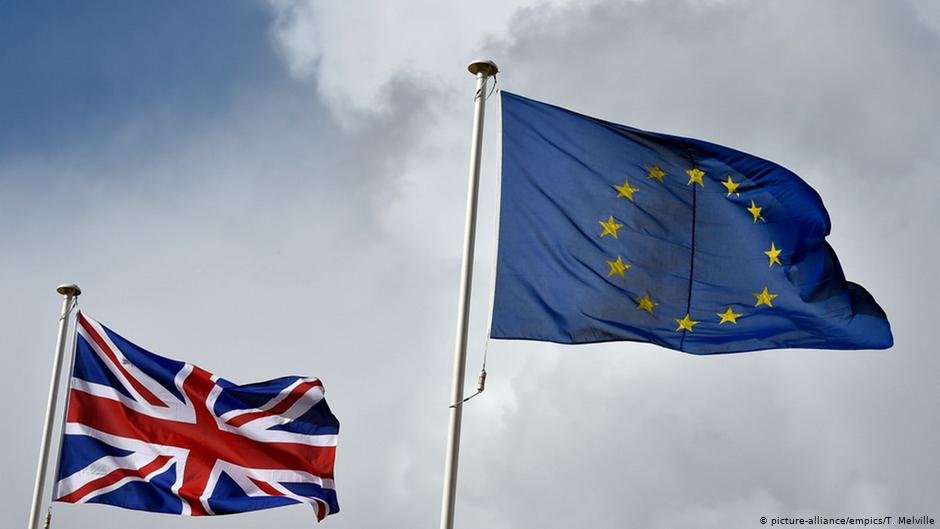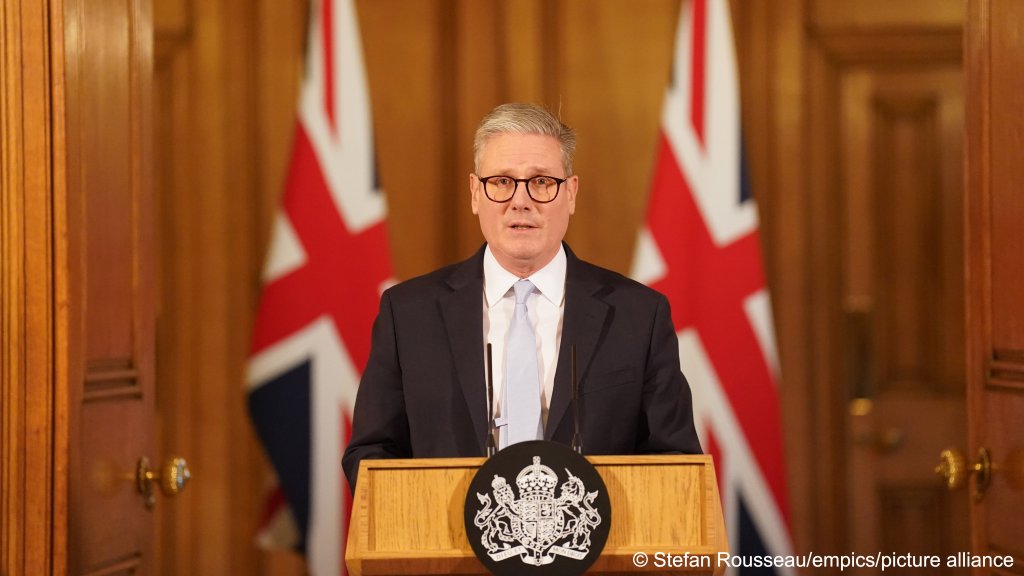Skilled migrant visas are becoming increasingly popular employment-based ways of migrating to another country legally. However, not every job and career path qualifies equally, as governments regularly issue lists of professions they are struggling to fill. The most recent list published by the UK, however, has raised some eyebrows.
A researcher at the University of Oxford has discovered that the UK's list of "eligible occupations" for skilled worker visas features some rather unusual professions.
Robert McNeil, who works for the Centre on Migration, Policy and Society at the world-famous institution, discovered that Britain's skilled workers shortage extended to some rather atypical professions classified as "middle skilled."
In a blog-post, the researcher wrote that "the UK's post-Brexit immigration policies specifically allow skilled work visas for overseas workers to be granted for key roles such as 'dog walkers' and 'canine beauticians'" among many other unorthodox career choices listed.
Read AlsoRise in non-EU migrant workers employed in the UK
Lab coats and scrubs in high demand
Several countries in Europe — including the UK — tend to focus on attracting qualified skilled workers internationally in key sectors, where the shortage of labor can be felt in everyday life. In fact, this has become standard practise across many industries struggling to fill positions.
Healthcare professions like nursing, midwifery, rehabilitation and care work tend to feature predominantly on UK government initiatives to bring young professionals to the country as well as people with careers in IT or other computing-related professions, albeit to a lesser extent.

Shortages in trades stretching from plumbing to carpentry and from welders to bricklayers are also becoming increasingly apparent in the UK workforce, making it easier for foreigners with these sought-after qualifications to move there too.
Scientists are also in typically high demand in the UK and in other European countries, from those handling dangerous chemicals to those who launch rockets into space.
This is why universities in the UK are working closely with governments around the globe to make their research departments future-proof by upping the proportion of foreign staff in highly qualified positions.
Read AlsoQuiet exploitation: Foreign health and care workers in the UK forced into silence for visas
Putting the 'OM' in 'Home Office'
However, beyond these typical focus professions, the UK's list has well over 300 designated job titles also highlights an apparent shortage in less obvious career paths, including seemingly atypical career paths like podiatrists, vet assistants, probation officers and librarians.
Even some of the creative industries are included on the list, such as animation illustrators, choreographers, bridal-wear designers and church organists.
But what really grabbed McNeil's attention were the yoga teachers, yacht skippers, bartenders, and farm hands listed as skilled workers.
"Many of these roles may well be challenging and require particular skills, but they might not be the sort of things that are front of mind for most people when they imagine roles that are critical for UK employers to recruit from overseas," he told the Guardian daily newspaper.

Read AlsoItaly: Calls for greater protection against migrant worker exploitation
The aftermath of Brexit
McNeil links the professions featured on the Home Office's list directly to the aftermath of Britain's departure from the European Union in 2020, commonly referred to as "Brexit."
"At the same time as ending free movement, the government reduced the skills threshold to allow middle-skilled jobs to qualify for work visas. Previously, only graduate jobs qualified in the system that applied to non-EU citizens," he stressed in his blog.
McNeil argues that with EU citizens no longer being allowed to move to the UK and work without visas, many "middle skilled" positions also had to be added to the list of skilled work, "given that some industries had become quite reliant on EU workers in technician and trade jobs."
"When people think about such middle-skilled jobs, roles like plumbers, bricklayers or engineering technicians spring to mind. But defining what is actually 'middle skilled' is not straightforward," he said about the positions that he personally said were "surprising."
"For example, while excellence in trimming dog claws, or cutting a poodle's coat into a flamboyant design may be highly skilled, is it critical for the UK economy?"
Read AlsoUK relaxes visa rules for foreign construction workers
A complex system
In the case of dog groomers, dog walkers and related professions, McNeil looked at data from the Home Office over three years from March 2021 to March 2024 to uncover that 334 visas in total were granted for "animal care service occupations" in that period alone — over 100 per 12-month period analyzed.
His research also found that in the same period, 167 fitness and wellbeing instructors, were given skilled worker visas, including pilates instructors, yoga teachers and lifestyle coaches.
Whether you're a dog groomer, a pilates teacher or a homeopathic occupational therapist, it should also be stressed that not all of these more-than-300 career paths automatically qualify for a skilled workers visa directly — but two thirds do.
Certain professions listed only qualify for extensions if a skilled workers visa was issued in the past when that profession was still considered in high demand.
Other careers meanwhile are on the list but don't qualify for skilled workers visa by definition but can qualify for other immigration paths — such as clergy or high-level sports transfers.

Long list of minimum requirements
The Home Office responded to McNeil's findings, with undisclosed sources telling the Guardian that while the "eligible occupations" list may come across as "eclectic," not everyone with a career path featured on the list will automatically qualify.
"Applying for a visa is just the first step in being able to come to the UK to work," is how the Guardian summarized the Home Office's response.
With nearly all positions featured on the list, hopeful foreign workers need to be sponsored by a UK employer in most cases to obtain a skilled workers visa; furthermore, most positions on the government list require a minimum income of £38,700 per annum, which is equivalent to €46,720 at the current exchange rate.
Read AlsoUK: At least 45,000 seasonal farmworker visas for 2024
UK government to curb overall immigration
McNeil's discovery of unusual skilled worker visa professions also comes as ministers in Prime Minister Keir Starmer's cabinet have announced that they will be tightening visa rules to reduce overall migration numbers.
In a white paper expected to be published in the coming months, curbs will also be introduced on legal migration pathways in addition to plans to crack down on irregular arrival in the UK.
The government has also announced plans to roll out programs to ensure that more British workers are trained to fill jobs, which currently require overseas skilled workers.
"To be clear, the post-Brexit immigration system does mean that the decisions about whether or not to offer skilled work visas to dog walkers or groomers are now in the gift of politicians," McNeil further emphasized on his blog, adding that in post-Brexit Britain, it simply had become unclear "when it's worth considering that claims by an industry that they need to import migrant workers — workers who will be tied to them by their visa — is just a shaggy dog story."
Read AlsoUK: Charter to protect migrant care workers from exploitation launched
